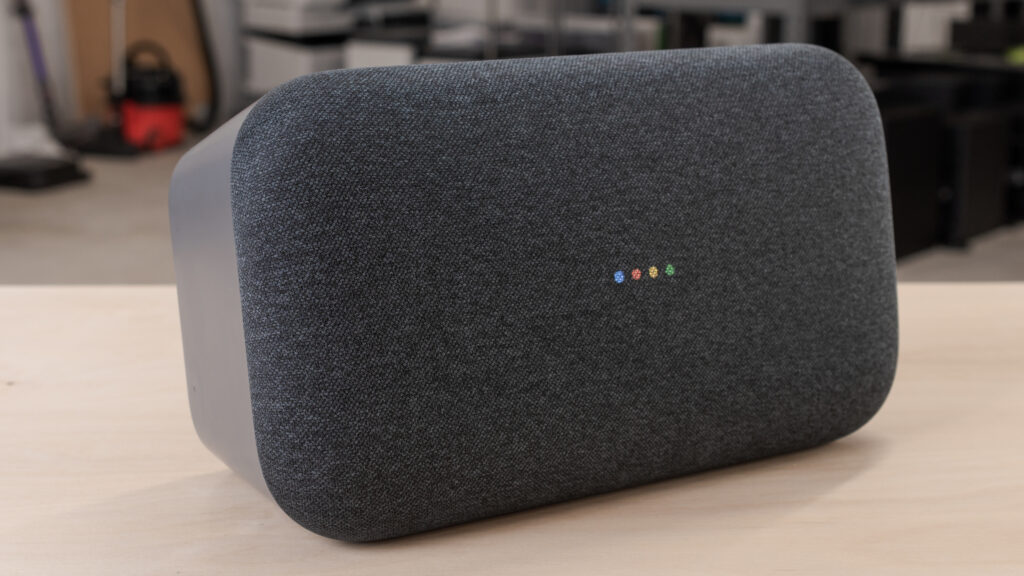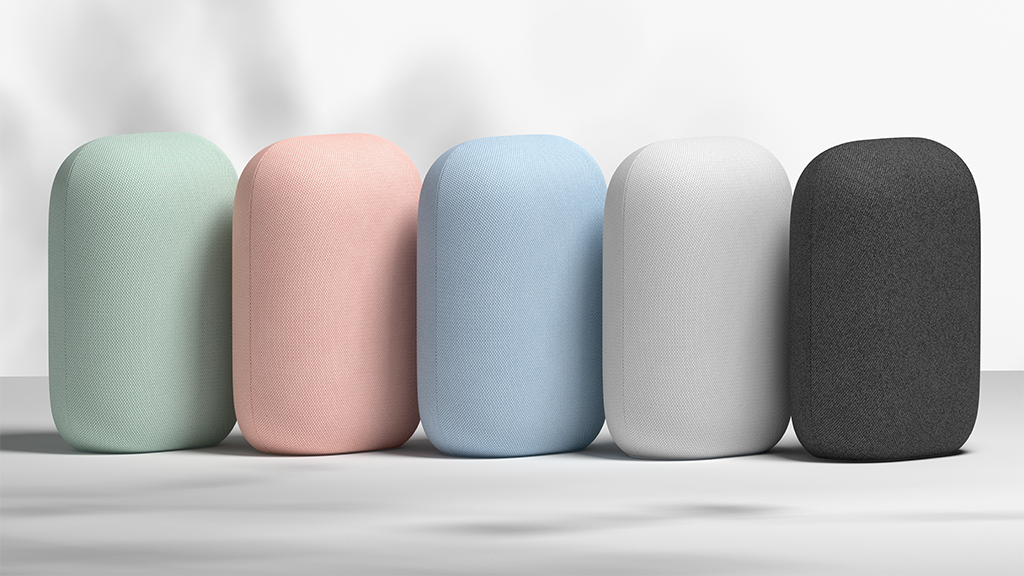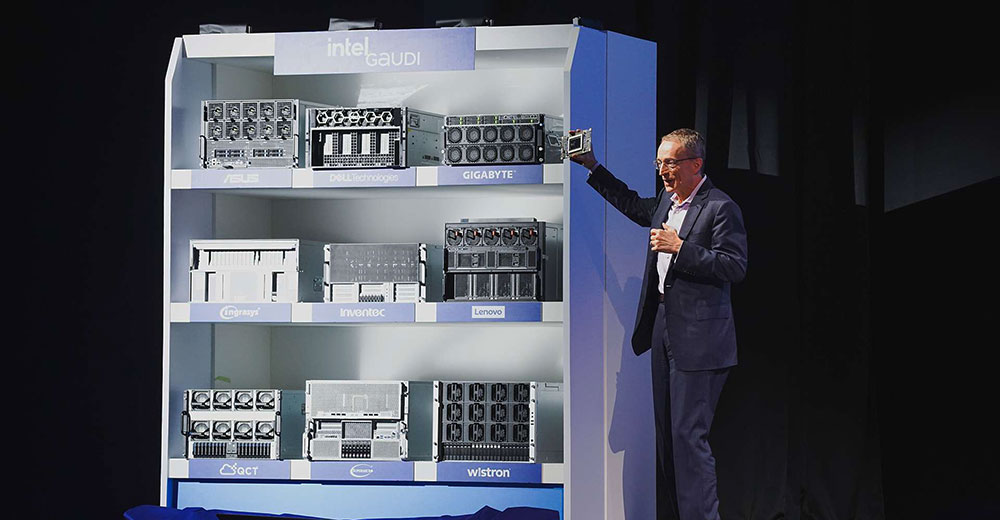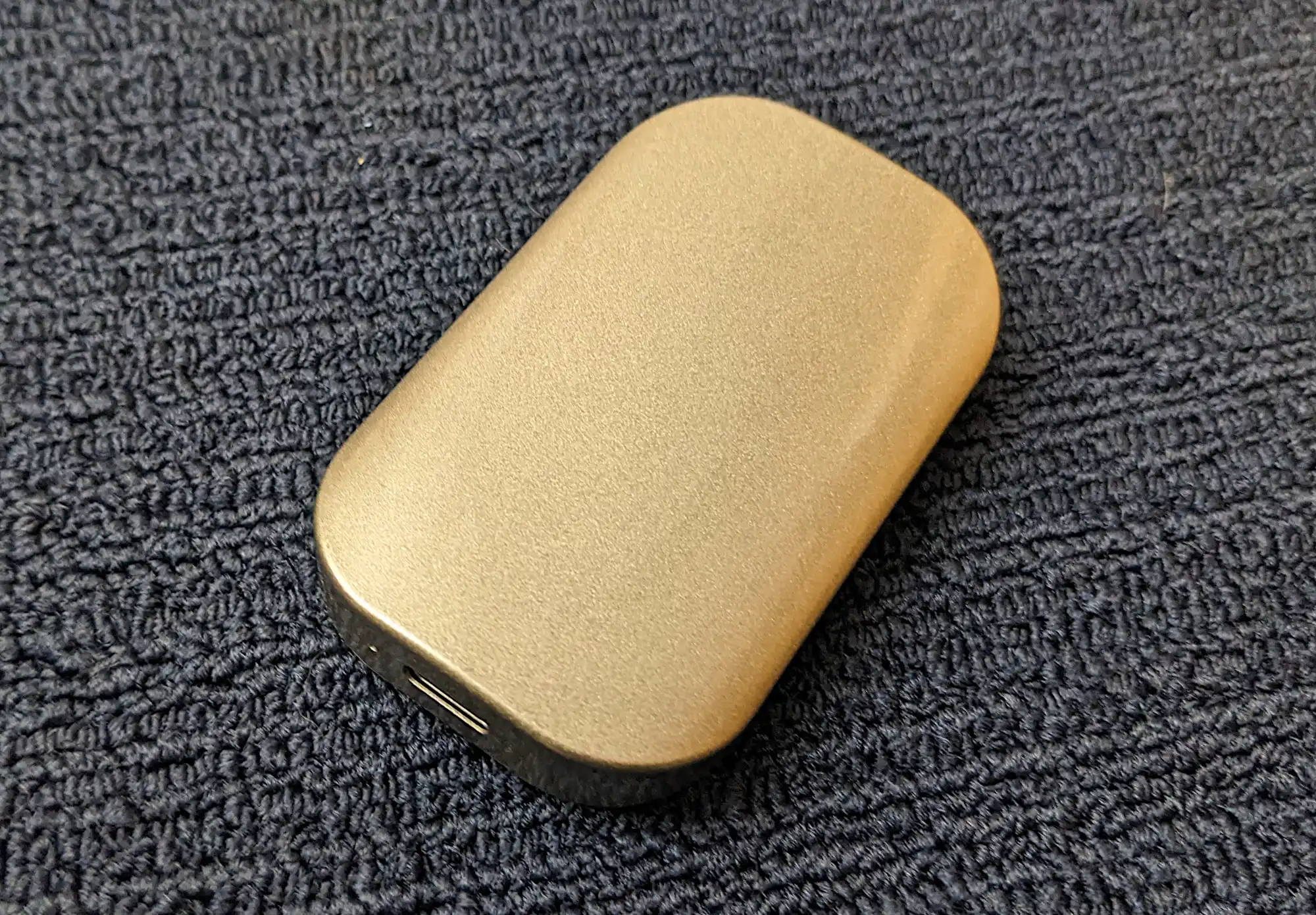
Both Amazon and Apple have taken a cautious approach to incorporating generative AI into their smart speakers, but Google is blazing ahead with its own solution. The tech giant has officially begun testing its new Gemini AI on select Nest Audio and Nest Home Mini devices, offering a significant enhancement over the standard Google Assistant. Early reports from users noticed a shift earlier this month, with the Assistant switching between its usual voice and a deeper, more articulate tone suspected to be powered by Gemini. Google has now confirmed the feature and published detailed instructions for how users can access this experimental capability.
To try Gemini AI on your Nest speaker, you’ll need to complete a few steps. First, you must enroll in Google Home’s Public Preview program, a free opt-in initiative that provides early access to experimental features. Once enrolled, you’ll need to activate Experimental AI features, which Google rolls out selectively. However, this feature requires a Nest Aware subscription, priced at $8 per month for the standard plan or $15 per month for the Plus tier. This subscription adds 30 to 60 days of video history, intelligent alerts, and other advanced features. Additionally, you’ll need to enable Voice Match, a feature that personalizes responses by recognizing individual voices in your household. Unfortunately, not all Nest devices are eligible for this test—Nest Hub displays are excluded, leaving Nest Audio and Nest Home Mini as the supported options.
Once everything is set up, Gemini transforms the capabilities of your Nest speaker, offering more detailed and conversational answers to complex questions. While Google Assistant typically handles straightforward queries like weather updates, Gemini excels at addressing broader topics. For instance, asking, “Hey Google, can giraffes talk to each other?” will prompt a more nuanced response from Gemini, indicated by a distinctive chime. The AI is designed to sound more natural and engaging, even allowing follow-up questions without the need to repeat the wake words “Hey Google.”
Google emphasizes that Gemini’s responses are experimental and may not always be accurate. The company advises users to double-check information and avoid relying on the AI for critical advice, such as medical, legal, or financial decisions. Still, the feature marks a significant step forward in Google’s quest to integrate generative AI into everyday devices. For fans of cutting-edge technology, this development is a tantalizing preview of what’s to come in the evolving smart home ecosystem.




